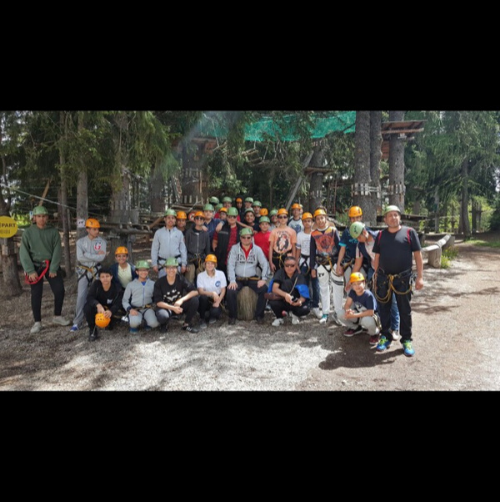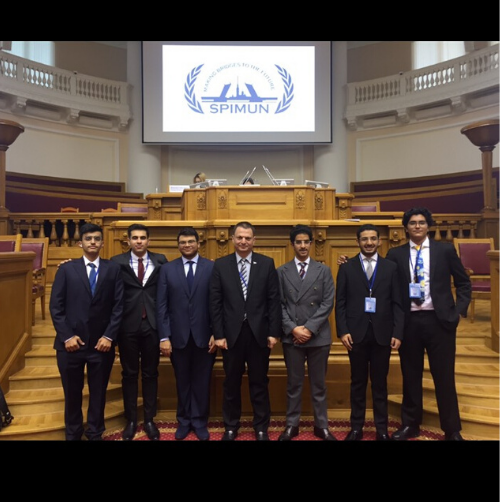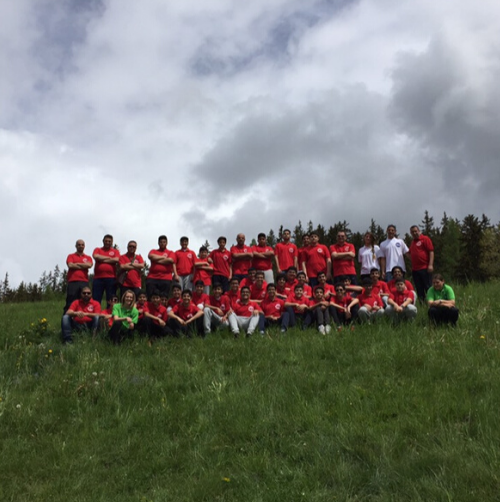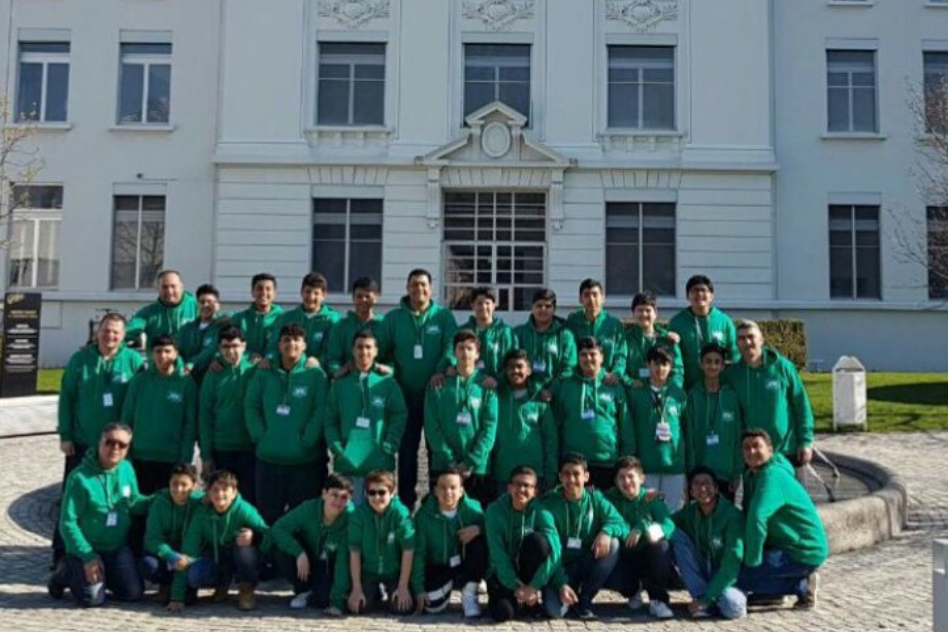International cultural trips have two primary missions. The first is to show students the world from a different angle and to expose them to different cultures. This is a very vital issue as we are now living in the so-called global village. The second mission is to improve students’ language competency through exposing them to the four language skills namely listening, speaking, reading, and writing in a lifelike experience. This will doubtlessly increase students’ intercultural awareness and enhance understanding of our increasingly global community.

Not All Classes have Four Walls
It has been said that “not all classes have four walls.” This is true indeed. A school trip is most likely to be the biggest adventure students experience during their school years. School trips represent a creative teaching method that takes students out of a familiar class environment and allows them to experience new things. The idea of giving school students an educational experience such as an international school trip will undoubtedly boost their independence, discipline and time management. They learn the true value of friendship and commitment in addition to the cultural enrichment they will gain from such trips. Taking part in purposeful extracurricular activities will absolutely enrich students’ cultural background and strengthen their characters. It has been proven by many scholars that extracurricular activities develop a person psychologically, physically and socially. Among the many benefits of students’ activities are confidence building, adaptation to change, responsibility, punctuality, discipline, and on top of that learning through adventure.
The students at our school in Saudi Arabia are always encouraged to utilize their free time and vacations in useful activities such as joining international students trips and doing activities such as skiing and visiting museums and prestigious universities and the like.These activities will absolutely support students and assist them in their academic journey. According to my humble experience as an international coordinator in the field of international trips, what students learn from field trips is more educational more interesting than acquiring knowledge by traditional means and techniques.
Visiting Harry Potter Studios etc.
Let me take some examples to clarify this point. I have organized eleven school trips to Great Britain so far. We visited Eastbourne and towns along the English Channel in 2011. Next came the prestigious University of Cambridge in 2012 and in 2013, we went to historic Edinburgh in majestic Scotland and then south to the stadium of Manchester United and Manchester City. I am convinced our students learned more during these exciting trips than what they might have learnt in a classroom environment. In 2014 we went from Bournemouth and its neighbouring Stonehenge to the Harry Potter Studios and then on to Liverpool Football Club.
Then we changed countries
In 2016 and 17 our students visited the peaceful village of Crans Montana in the Swiss Alps where they headed to explore the United Nations Headquarter in Geneva, Cailler Chocolate Factory and Gruyere Cheese Factory. In 2018 and 19 our lads learnt the basics of skiing and sledging above the cosy villages of La Tzoumaz and Verbier. They had a lot of fun.
In conclusion, cultural tourism, if we can name international students’ trips so, are a great benefit to the educational operation. I am very aware that not all schools and students have the financial means to make such trips and in this respect feel very privileged that I have not only been able to arrange and travel on these trips but also that I have been able to open my students eyes to the vast world around us; the classroom with no walls.




Education should not be restricted by walls, spot on Mr. Basat. Thanks for sharing the great adventures you are enriching the minds of young generations with.
Regards